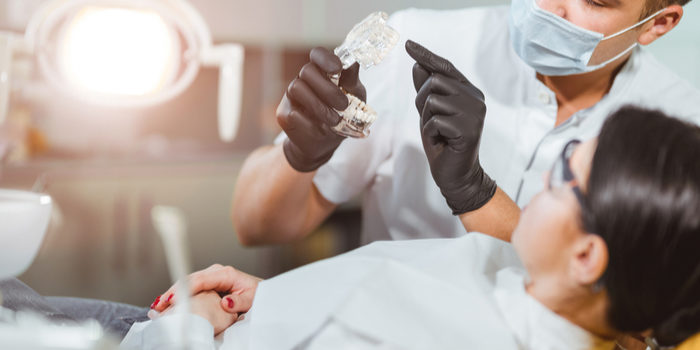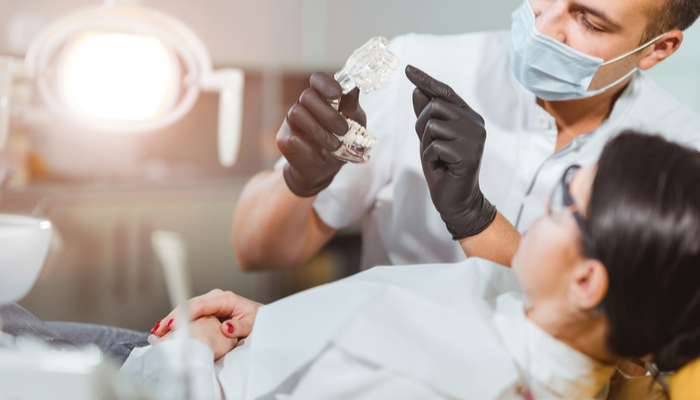


Roughly a quarter of people over 65 claim they haven’t seen the dentist in over five years. That’s a horrible statistic, and one that needs to be addressed. Dental health is incredibly important to your body’s longevity and your overall wellness. Opting to skip out on the dentist is a surefire way to miss changes in your health and even find your teeth slipping into poor health with cavities and gum degradation.
As you get older, your dental health only becomes more important. If you’re worried about the cost of dental coverage, maybe you’re looking to find coverage through Medicare. Unfortunately, there is no straightforward way to get dental health coverage through Medicare, as the federal program doesn’t really support dental coverage. What does it cover, then?
What Part A Covers
Medicare Part A can cover some emergency dental procedures that are received at a hospital. These must be defined as “emergency or complicated” procedures, and they have to be deemed “necessary” by a doctor at the time the procedure is undertaken. In these very narrow cases, Medicare Part A will be able to cover the procedure.
The section of Medicare that covers this type of coverage, Section 1862 (a)(12) of the Social Security Act, hasn’t been updated at all since 1980. However, it deems that specific dental procedures can be covered. An example provided would be a jaw reconstruction required as a result of an accident, such as a car accident. This doesn’t cover normal dental surgeries like root canals, even in situations where the patient is in extreme discomfort.
Preparation
The only other time that Part A could cover a dental procedure would be if a patient needed an oral examination in relation to a kidney transplant or a heart valve replacement. This would only come up if hospital dental staff performed the examination. This is a highly unusual case, and more of a corner case than actual dental coverage.
Another rare instance when Part A might cover medical expenses would be in the instance that required an extraction in preparation for a radiation treatment for certain neoplastic issues in the jaw. In short, this just means that some tumor-growth related diseases that are located near the jaw have procedures covered by Medicare.
What Part B Covers
Part B could also cover oral exams related to heart valve replacements or kidney transplants, in certain cases. Namely, if a general physician conducts the oral exam, instead of hospital dental staff, Part B would cover the exam instead of Part A. That being said, there are actually more rules about what Part B won’t cover in regards to dental health than what it will cover.
Specifically, this means that any medical services that would replace, remove or otherwise give attention to teeth can’t be covered. This includes pre-denture tooth pulling and normal dental procedures. Likewise, Part B explicitly doesn’t cover any procedures related to teeth or supporting teeth structures unless treatment of them is for a non-dental condition.
What This Means
This means, in short, that there is no real dental coverage offered through Medicare. If you’re retirement-age and in need of dental medical attention, you can’t get any help through Medicare. In the case of someone who is older, on a fixed-income and in need of a dentist, their best option would be to go through open enrollment in October to find health insurance that covers dental procedures.
Other options could include trying to find budget dental coverage online, or speaking with local dentist’s offices to see if any of them have advice on how to proceed with dental issues that need attention.










